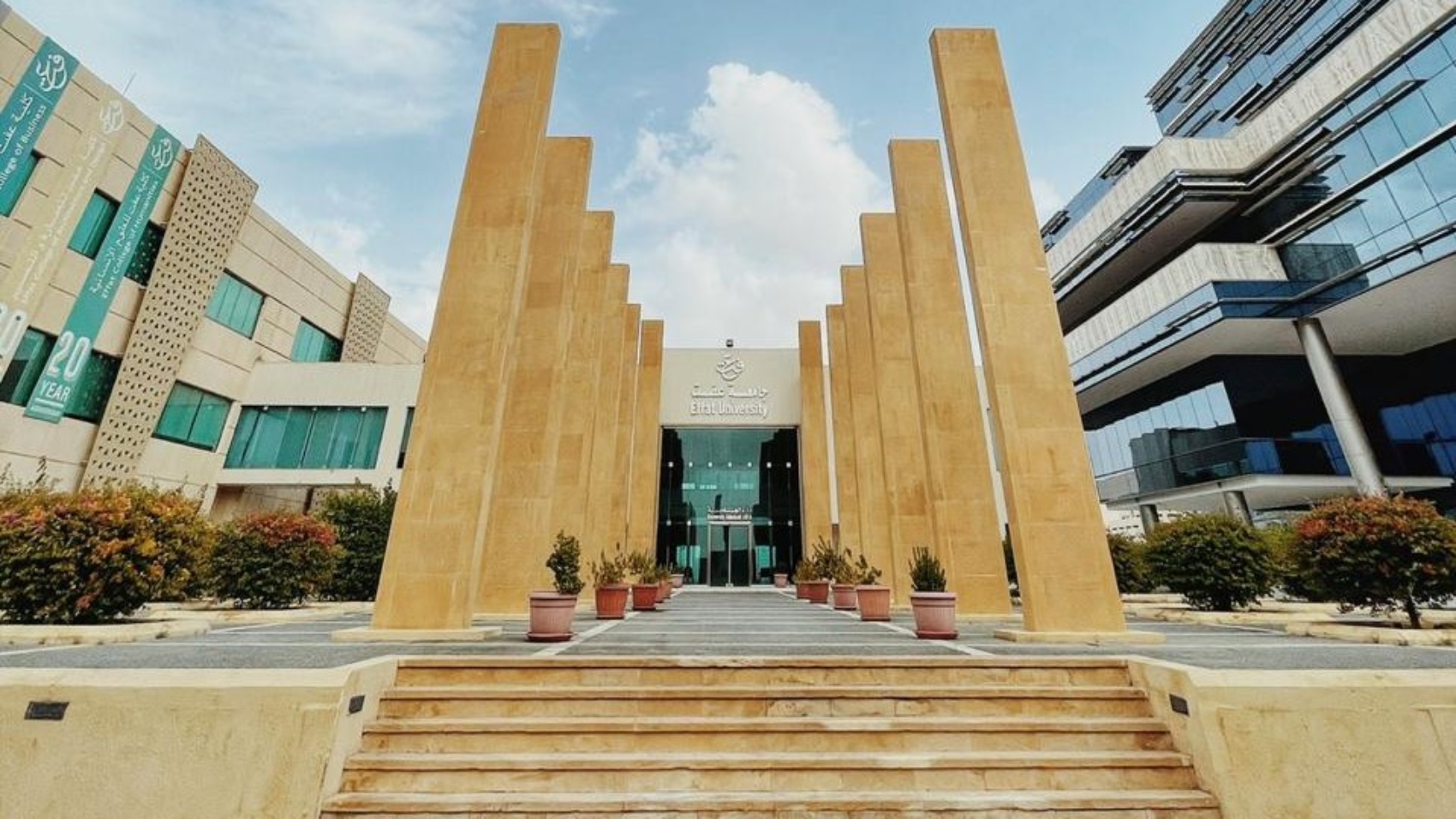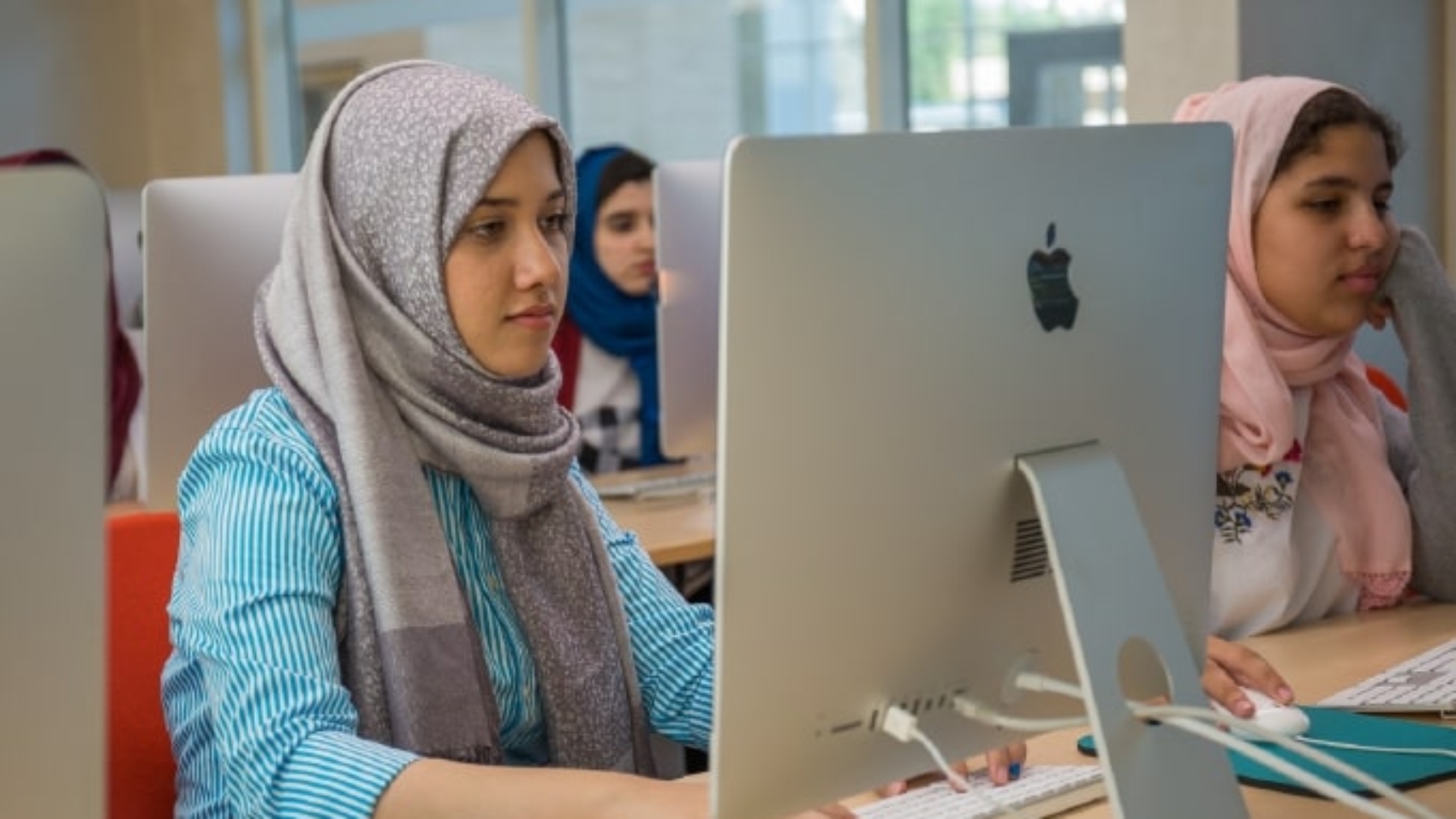Effat University launched “Industropedia Academy” platform in October 2020 to improve the partnership with the private sector and contribute to innovation and productivity.
The platform aims to coordinate and integrate between Effat University and the private sector to achieve Kingdom’s Vision 2030.
It also aims to strengthen the relations between the two parties in various scientific and practical fields, to improve institutional professional work and entrepreneurship, and to provide distinctive programs and outputs that keep pace with modern developments and meet the labor market needs.
The platform seeks to develop capabilities and means to strengthen and manage industry and business partnerships within Effat University in cooperation with the Saudi industry and business sector.
The idea of the platform dates to October of the year 2020, when a brainstorming session of the Effat University Advisory Council resulted in its launch.
Dr. Haifa Reda Jamal Al-Lail, President of Effat University, explained that “The vital role of the private sector contributes to enabling Effat University to complete its pivotal role in building a generation armed with knowledge”.
Dr. Haifa added: “The platform provides a new digital space with innovative options to advance the development of the education process”.

